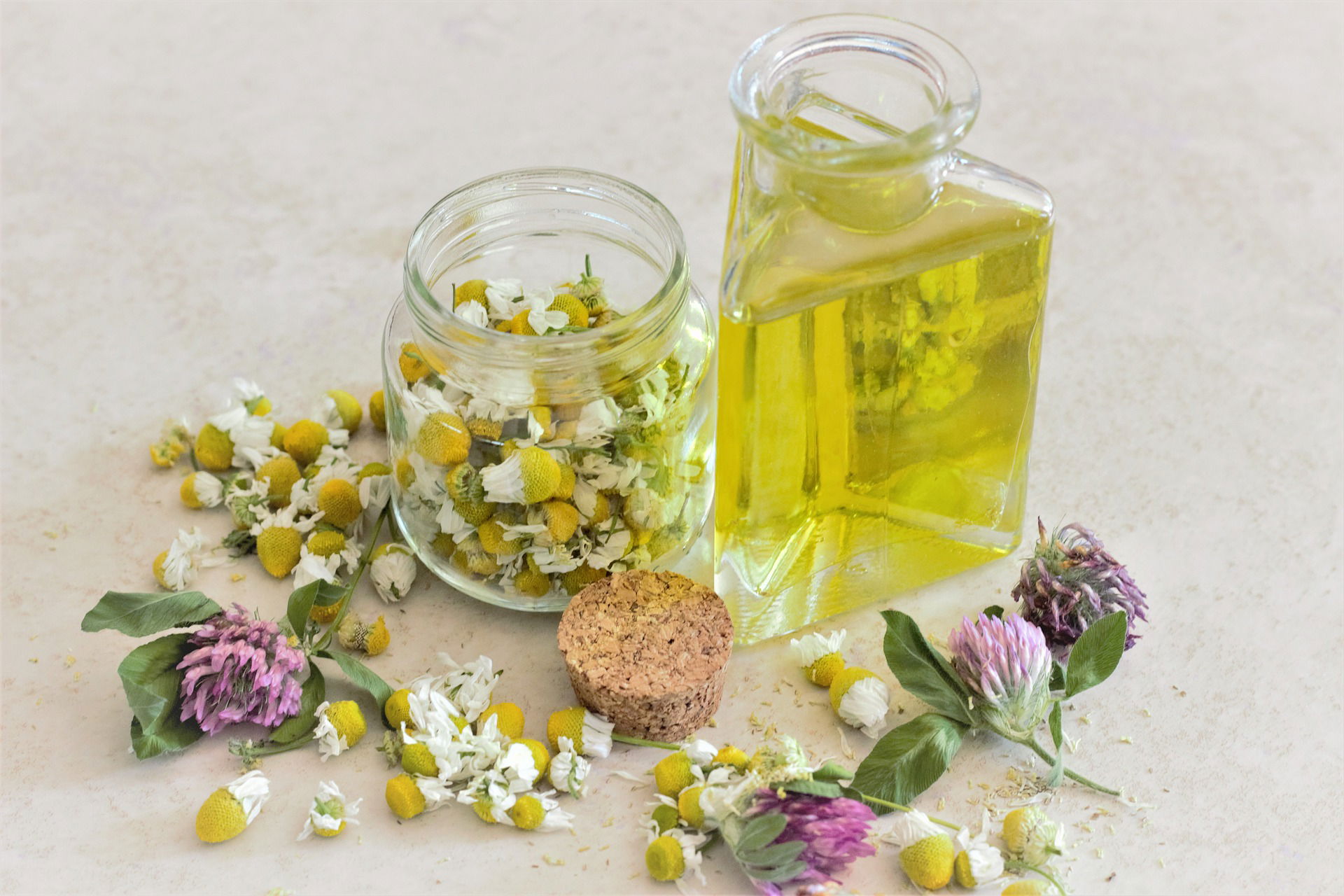Aromatherapy
Aromatherapy is a holistic healing practice that uses natural plant extracts to promote physical, emotional, and spiritual well-being. This practice has been around for thousands of years, with ancient civilizations such as the Egyptians and Greeks using essential oils for therapeutic purposes. Today, aromatherapy is a popular complementary therapy that can be used in conjunction with traditional medicine. Aromatherapy works by using essential oils, which are highly concentrated plant extracts, that can be inhaled, applied topically, or ingested in some cases. These oils contain unique chemical compounds that can affect the body in various ways. For example, lavender oil is known for its calming and relaxing effects, while peppermint oil can help with headaches and improve focus and concentration. There are many ways to use aromatherapy, including adding essential oils to bath water, using a diffuser to disperse the scent throughout a room, or applying oils directly to the skin through massage or inhalation. It's important to note that essential oils should be used with caution and under the guidance of a trained aromatherapist or healthcare professional, as some oils can be toxic if ingested or used improperly. While there is limited scientific evidence to support the effectiveness of aromatherapy, many people report positive results from using essential oils for various health conditions. For example, some studies have shown that essential oils can help with pain relief, stress reduction, and improving sleep quality. In conclusion, aromatherapy is a natural and non-invasive therapy that can be used to promote overall wellness. While more research is needed to fully understand the benefits of aromatherapy, it can be a safe and effective way to support physical, emotional, and spiritual health when used properly.
